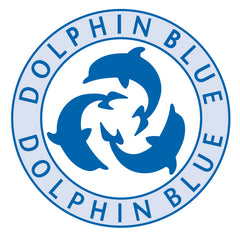
If you're like many Americans, eating healthier was one of your New Year's resolutions. Now that 2015's in full swing, you may have strayed from the goal, but there's one easy way to get back on track: Cut down on your red meat consumption.
Instead of a burger at lunch, try a plant-based meal like green salad, hearty pasta, or vegetarian soup. Why? It's good for your health - red meat is full of saturated fats and LDL, or "bad, " cholesterol, increasing your risk of heart disease - and the health of the planet.
The meat industry is responsible for a massive amount of the world's greenhouse gas emissions. Greenhouse gases like carbon dioxide and methane are released from the industrial machinery, processing equipment, and even the animals themselves. According to the UN, raising livestock is one of the most significant contributors to global environmental issues, accounting for about 9 percent of human-related carbon dioxide emissions.
Eating animals is inefficient in terms of energy resources, too: Producing 1 pound of meat requires 16 pounds of grain. That meat could provide meals for about five people in America - however, the 16 pounds of grain could feed many more. If we skipped the meat and ate the grain instead, we would be using our resources much more efficiently. After all, consuming an animal means consuming all the food and water that animal consumed during its lifetime as well.
Not only do livestock use up food and water, but they can even degrade land. When raising livestock, it's important to carefully manage grazing areas in order to maintain self-sustaining land. Many industrial farms don't manage their land properly, leading to overgrazing by the livestock and, consequently, no more green grass for the animals. Once the land is overgrazed, livestock must be moved to a new area where grass is able to grow. This area, in turn, also becomes overgrazed and more and more land is degraded.
Becoming a vegetarian isn't the only solution, though. By choosing a plant-based lunch, you can save 2.5 pounds of carbon dioxide, 133 gallons of water, and 24 square feet of land, according to data from the PB&J Campaign. If you're a born-and-bred brisket eater or hog wild about hot dogs, start with Meatless Monday, a global movement encouraging everyone to skip meat one day a week - even that makes a big difference.
